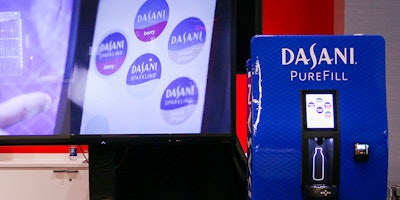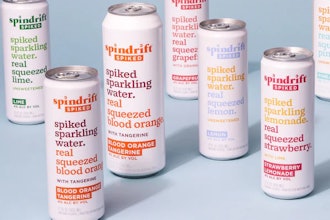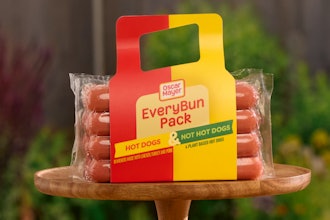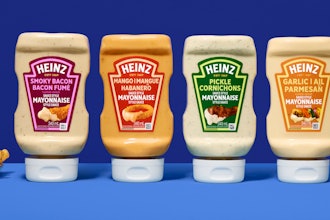
NEW YORK (AP) — Can a machine that dispenses water for free also turn into a cash stream for Coca-Cola?
The world's largest soda maker is testing a fountain that lets people fill reusable water bottles with free, filtered water — but also offers the option of paying to add bubbles and fruity flavors. It's an example of how the maker of Fanta, Sprite and Powerade is searching for new ways to make money as Americans cut back on traditional sodas.
For now, Coca-Cola is testing just one "Dasani Purefill" machine on the campus of Georgia Tech, across the street from its headquarters in Atlanta. It says it plans to expand the test on a rolling basis this fall to 20 machines on campuses in 15 states, though it did not specify locations.
The concept: You can have filtered water for free, or swipe a credit card to add bubbles or flavor for 5 cents an ounce, plus a 15-cent transaction fee. So filling a 20-ounce bottle with bubbles and flavor would cost $1.15.
You can't get sweeteners and other ingredients.
The idea hitches a trend that has no sales potential for Coke (reusable water bottles) to one that does (sparkling, flavored water such as La Croix). If it catches on, it would help Coca-Cola squeeze money out of an increasingly popular habit that could otherwise hurt its business.
"When they have these filling stations on campuses, there's a loss of transaction, a loss of interaction with your consumer," a Coca-Cola employee explains in a company video .
Reusable water bottles and fountains designed to refill them have surged in popularity as people grow more concerned about plastic pollution. Sink and faucet maker Elkay makes popular varieties of the refill fountains, but is not involved in Coke's machine.
Arti Lyde, director of global drinking water at Elkay, said the refill fountains became popular first on college campuses, and have spread to office buildings, airports and gyms.
Mary Grant, campaign director at Food and Water Watch, said she is concerned the Dasani Purefill machine could be a way for Coke to advertise its Dasani bottled water products, which would be counter to the benefits of water refilling stations. Food and Water Watch advocates drinking tap water, citing the environmental toll of bottled water.
Coca-Cola began testing the Dasani Purefill machine about a year ago. A Georgia Tech representative says the school isn't receiving any proceeds from the machine since it is a test.
According to Coca-Cola, people opt to pay for bubbles and flavor about 10 to 20 percent of the time. The company wouldn't give revenue figures or other financial details about the machine.
It says the expanded test this fall will look at how much and how often people are willing to pay for bubbles and flavor. An app will also let people submit payments and track how much water they're drinking. Kim Drucker, director of innovation at Coca-Cola North America, noted that the test consists of just one machine, but says the company sees much broader potential.
"We were excited to see how much engagement there was," Drucker said.
For Coke and Pepsi, the growing popularity of water has posed a challenge. Even with plain bottled water — which both companies sell — the profit margins are generally not as high as on other drinks because people are not as loyal to a specific brand with water, and tend to buy whatever is cheapest in bulk cases.
So Coke and Pepsi have been nudging people toward pricier waters, such as those that come in stylized bottles and are marketed as being specially filtered. Both have also jumped into the bubbly, flavored water trend; Coke said this week that its "Dasani Sparkling" experienced "double-digit" sales volume growth.






















